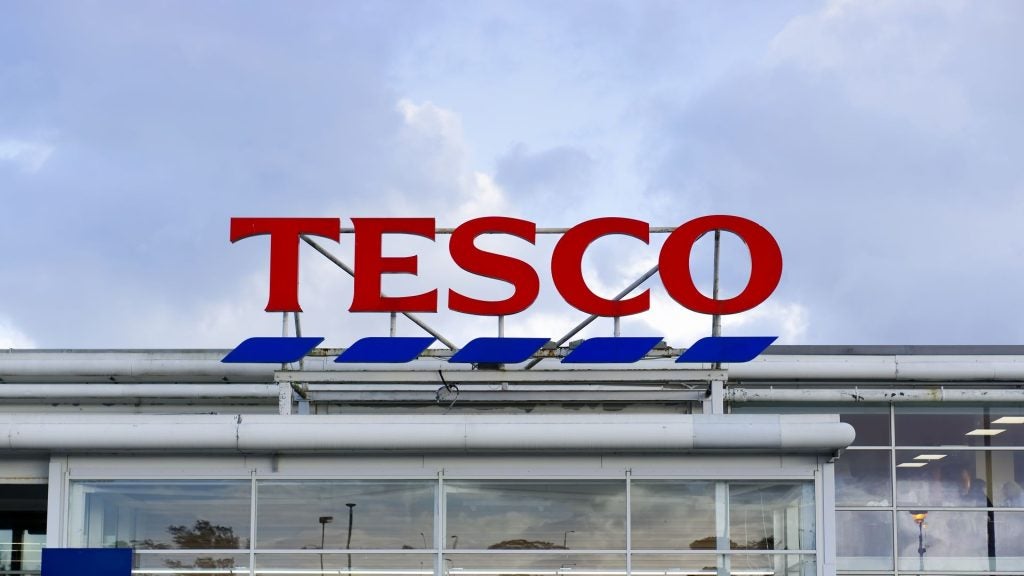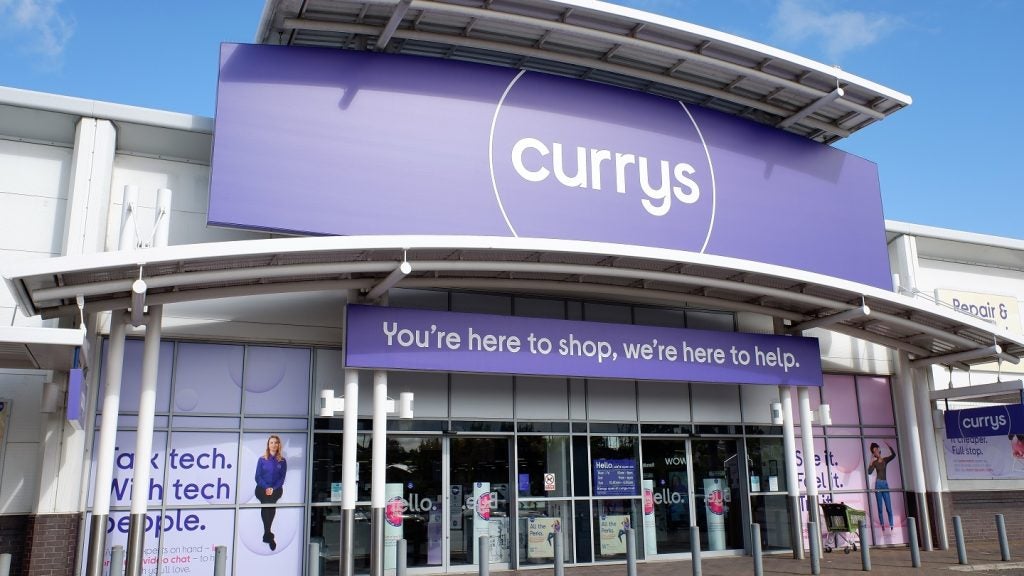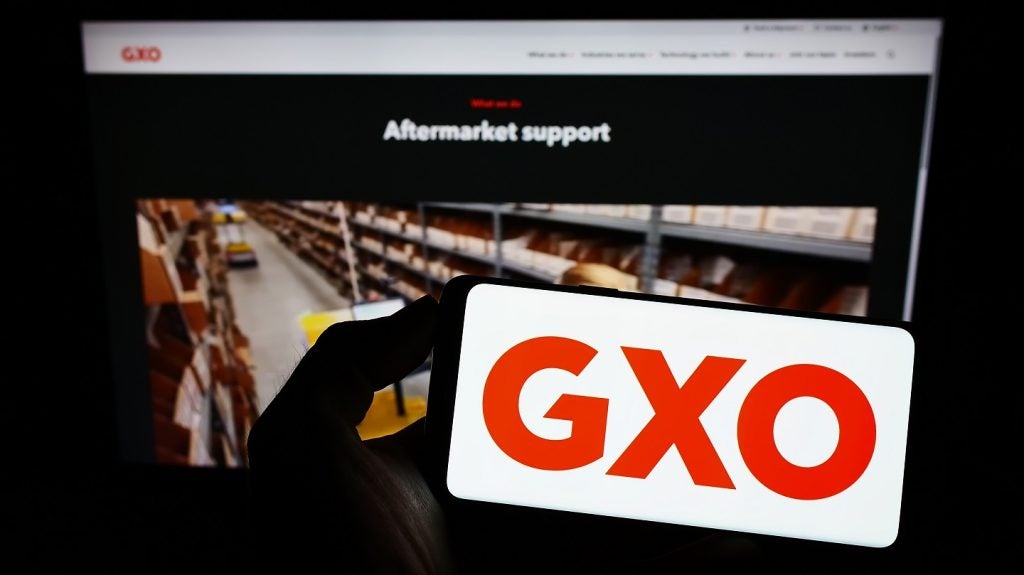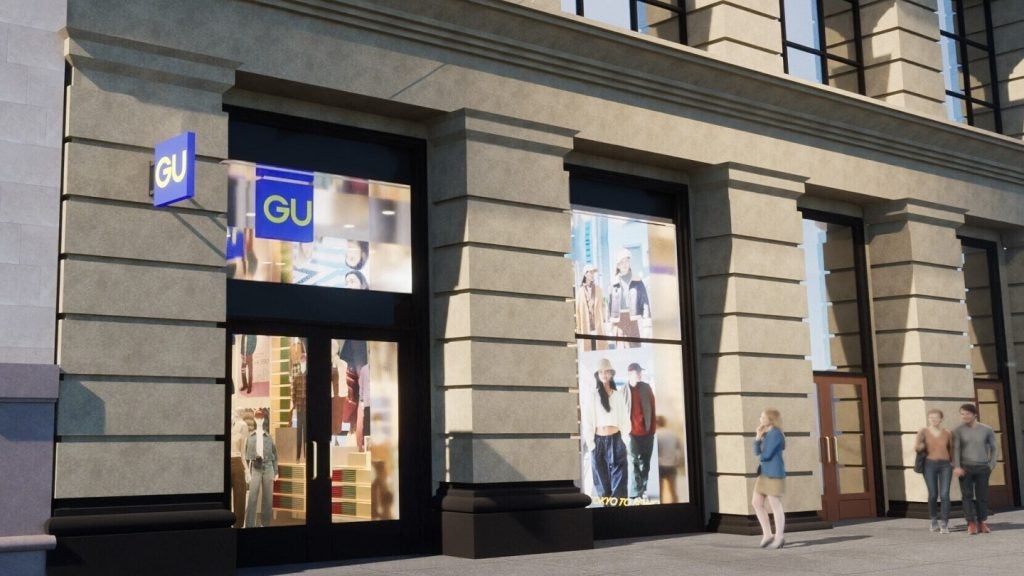Tesco, the UK's largest supermarket chain, has sparked controversy after it was found that CEO Ken Murphy's pay package doubled to nearly £10m ($12.61m) in the last financial year, BBC reported.
This significant increase coincides with a period of surging profits for Tesco, which recently reported a pretax profit of £2.3bn, up from £882m the previous year.
Murphy's pay rise is primarily driven by a hefty bonus package exceeding £8m, on top of his £1.64m base salary.
This news comes as Tesco employees grapple with the cost-of-living crisis, with many relying on hourly wages of around £12-£13.
While Tesco recently raised wages for its hourly staff by 9.1%, critics argue this is dwarfed by Murphy's windfall and doesn't accurately reflect the current economic climate in the country.
Tesco justifies Murphy's pay rise by citing his role in achieving ambitious targets and delivering value for the company's stakeholders.
However, according to the Guardian, domestic unions and campaign groups have slammed the decision as a "slap in the face" for struggling workers.
They point out the stark contrast between Murphy's pay and the average Tesco employee's salary, highlighting a widening pay gap.
The controversy surrounding executive pay extends beyond Murphy's individual case.
Tesco is currently facing thousands of equal pay claims from staff who believe their work in stores should be valued equally to that carried out in distribution centres.
This ongoing battle further fuels the debate about fair compensation within the company.
While Tesco says it maintains its commitment to competitive staff remuneration, the significant pay increase for its CEO amid a cost-of-living crisis and employee concerns raises questions about executive compensation practices in the retail sector.















